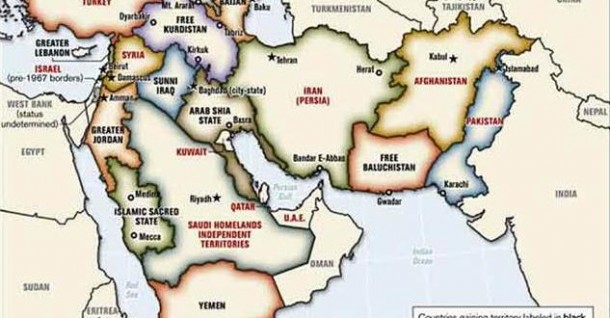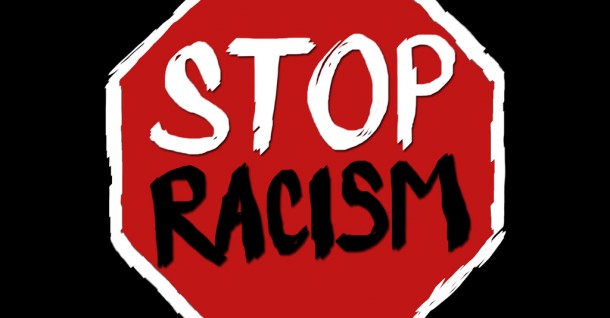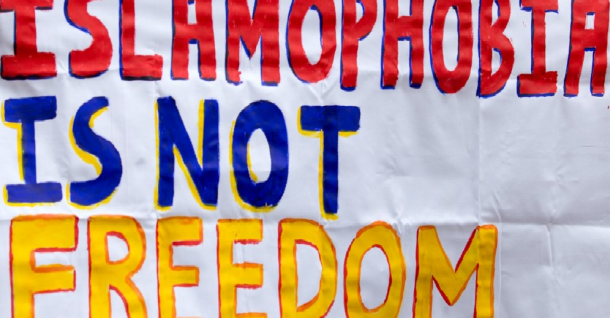There has been a significant increase in complaints by Muslims of discrimination in 15 EU states, according to research.
Over 39% of Muslims surveyed said they have felt discriminated against because of their ethnic or immigrant backgrounds at least five times a year.
In similar research in 2008, 10% of Muslim respondents had complained of discrimination, but that rose to 17% last year.
In the last report, that although Muslims are the second largest religious group in the European Union, there is no systematic data collection on their experiences of discrimination and racist victimisation in the EU’s 28 member states. Its findings are based on the European Union’s most extensive dataset available on Muslims.
It conducted face-to-face interviews last year with over 25,000 people over the age of 16 from different immigrant and ethnic minority groups in all 28 states. It then extrapolated results for over 10,500 who self-identified as Muslims in 15 of them.
That Ireland does not feature because it is not home to one of the larger clusters of EU Muslim. The 15 countries were: Austria, Belgium, Cyprus, Denmark, Finland, France, Germany, Greece, Italy, Malta, The Netherlands, Slovenia, Spain, Sweden, and the UK.
The overwhelming majority of interviewees came from Turkey, North Africa, Sub-Saharan Africa, and Asia.
All respondents were selected randomly and the survey results are representative for selected groups of first and second generation Muslim immigrants born outside the EU.
Among the major findings are that the trust Muslim respondents have in public institutions is higher than the trust among the general population. On average, the police and the legal system score highest, followed by the respective national parliaments.
Over 92% said they are comfortable with neighbours from different religious backgrounds, and almost half (48%) indicate they would feel “totally comfortable” with a family member marrying a non-Muslim person. Just over three-quarters (76%) feel strongly attached to their country of residence.
However, respondents who say they have been victims of discrimination, harassment or violence because of their ethnic or immigrant background are considerably less attached than the rest of the Muslim sample.
***
Between 2001 and last year, 39% felt discriminated against on average five or more times a year because of their ethnic or immigrant backgrounds. They reported such exclusion in one or more of the following areas: employment, education, housing, healthcare and when using public or private services. 12% of those who felt discriminated against reported the incident.
39% of Muslim women who wear a headscarf (or niqab) in public say they were harassed, compared to 23% of women who do not.
In 2015, over a quarter (27%) of all respondents reported being harassed because of their ethnic or immigrant background . Slightly less than half (45%) of the victims reported experiencing six or more incidents.
9% reported hate-motivated harassment to a relevant authority or service while just under one-quarter (23%) reported hate crime attacks to the police or other organization. But 81% of those who reported a physical assault to the police were dissatisfied with the response.
Over 16% were stopped by the police in 2015 and 60% of them say they were treated respectfully, while 42% believe their immigrant or ethnic minority background caused the police to stop them.
The research recommends that legal action be taken to combat ethnic and religious discrimination and hate crime and calls on the EU to help those who are reaching out to Muslim communities to, for example, reinforce trust in the police. It also urges support for efforts to better address the needs of Muslim victims of hate crime and, in particular, female victims.
The survey results make a mockery of the claim that Muslims aren’t integrated into our societies. On the contrary, we see a trust in democratic institutions that is higher than much of the general population.
However, the report warns that every incident of discrimination and hate crime hampers Muslims’ inclusion and reduces their chances of finding employment. There is a risk to alienate individuals and their communities, with potentially perilous consequences…
According to the materials of the European media
![Электронный журнал [Электронный журнал]](/magazine.static/magazine-front.jpg)




